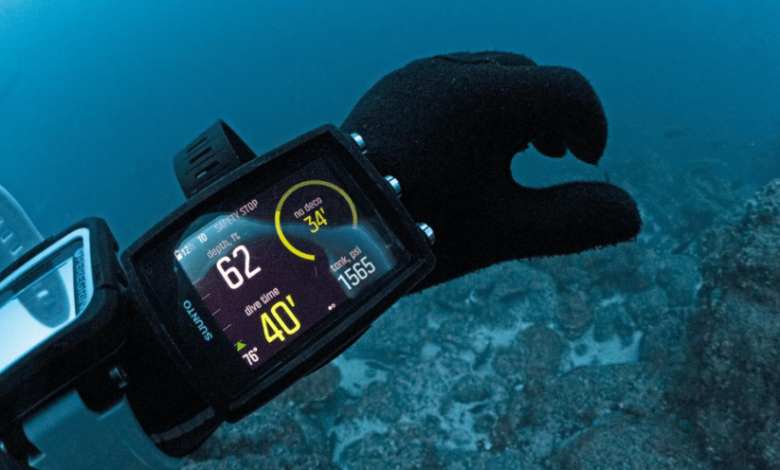Is It Better to Get a Wrist or Console Dive Computer?

Choosing the right dive computer is an important decision for any diver. Whether you’re gearing up for your first open-water adventure or looking to upgrade your equipment, you’ll likely face one big question: should you go for a wrist or console dive computer? Each type has its own advantages, and the best choice depends on your diving style, preferences, and needs.
What Is a Wrist Dive Computer?
A wrist dive computer is worn like a watch, offering divers a compact and convenient way to access essential information underwater. These computers display real-time data such as depth, dive time, no-decompression limits, and ascent rates, all from a device strapped to your wrist.
Wrist computers are popular with recreational divers, technical divers, and freedivers alike. Some models are sleek enough to wear as an everyday watch, while others are designed purely for underwater use.
See also: Heat Pump Technology: Innovations Shaping the HVAC Industry
What Is a Console Dive Computer?
A console dive computer is mounted within a console that attaches to your regulator system, usually alongside a pressure gauge and sometimes a compass. Instead of wearing it on your wrist, it stays connected to your dive gear, often clipped to your buoyancy control device (BCD) for easy access.
Console computers are a common choice for dive centres, rental equipment, and divers who prefer having all their instruments in one place.
Pros and Cons of Wrist Dive Computers
✅ Advantages:
- Lightweight and easy to travel with
- Can double as a watch between dives
- Quick and easy to check mid-dive
- Frees up space on your regulator setup
❌ Disadvantages:
- Easier to misplace or forget
- Smaller screens on some models may be harder to read underwater
Pros and Cons of Console Dive Computers
✅ Advantages:
- Larger displays for clearer underwater reading
- Permanently attached to your dive gear, reducing risk of loss
- Often integrates pressure gauge and compass in the same unit
❌ Disadvantages:
- Bulkier and heavier
- Can be harder to access if clipped to your BCD during a dive
Key Factors to Consider When Choosing
When deciding between a wrist and console dive computer, think about your individual needs and dive style. Ask yourself:
- How often will I be diving?
- Do I prefer a minimalist setup or an all-in-one console?
- Will I need air integration or multiple gas support?
- How important is display size and visibility?
- Am I travelling frequently and need something portable?
If you’re still unsure, you might want to explore different models and see what suits your needs. Check out a range of options for the best dive computer to compare features and prices.
Who Should Choose a Wrist Computer?
A wrist computer is a great choice for:
- Divers who value portability and a streamlined setup
- Travelling divers wanting to pack light
- Freedivers or technical divers who want flexibility
- Those who like wearing their dive computer as a watch outside of diving
Who Should Choose a Console Computer?
A console computer may be better suited to:
- Divers who prefer an all-in-one instrument cluster
- Those who want a larger screen for easier reading
- Divers who rent or share equipment and need integrated gauges
- Anyone who wants to reduce the risk of misplacing a wrist computer
Final Thoughts: Which One Is Better?
There’s no one-size-fits-all answer—both wrist and console dive computers have their merits. A wrist computer offers convenience, portability, and flexibility, while a console computer provides an integrated, easy-to-read solution with less chance of misplacement.
Ultimately, the best choice depends on your dive goals, habits, and preferences. If possible, try out both styles or speak with fellow divers to get firsthand insights before making your investment. Whichever you choose, a dive computer will be a valuable companion in keeping you safe and informed underwater.




